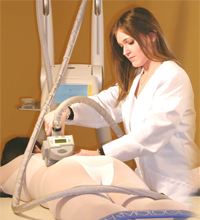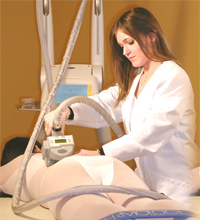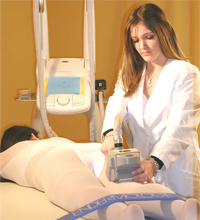
















Poor Dad vs. Rich Dad
 |
 |
|||
| My Poor Dad Says | My Rich Dad Says | |||
| "My house is an asset." | "My house is a liability." | |||
| Rich dad says, "If you stop working today, an asset puts money in your pocket and a liability takes money from your pocket. Too often people call liabilities assets. It’s important to know the difference between the two. | ||||
| "I can’t afford it." | "How can I afford it?" | |||
| The statement "I can’t afford it" shuts down your thinking. By asking the right question, you mind opens up and looks for answers. | ||||
| "The reason I’m not rich is because I have you kids." | "The reason I must be rich is because I have you kids." | |||
| "I’m not interested in money." | "Money is power." | |||
| "When it comes to money, play it safe – don’t take risks." | "Learn how to manage risk." | |||
| "Pay myself last." | "Pay myself first." | |||
| Rich Dad always took a percentage off the top of any income he earned. He put this money into an investment account that went toward purchasing his assets. Poor Dad spent all his money first and never had any remaining for investments. | ||||
| Believed that the company you worked for or the government should take care of your financial needs. | Believed in financial self-reliance and financial responsibility. | |||
| Focused only on academic literacy. | Focused on financial literacy as well as academic literacy. | |||
| Learned only the vocabulary of academia. | Learned the vocabulary of finance – "Your words are the most valuable tools you have." | |||
| "I work for my money." | "My money works for me." | |||
| Thought that making more money would solve his financial problem. | Knew that financial education was the answer to his financial problems: "It’s not how much money you make that’s important – it’s how much money you keep and how long you keep it." | |||
 |
||||

|

|

|

|

|

|

|

|

|

|

|

|

|

|
|

|

|

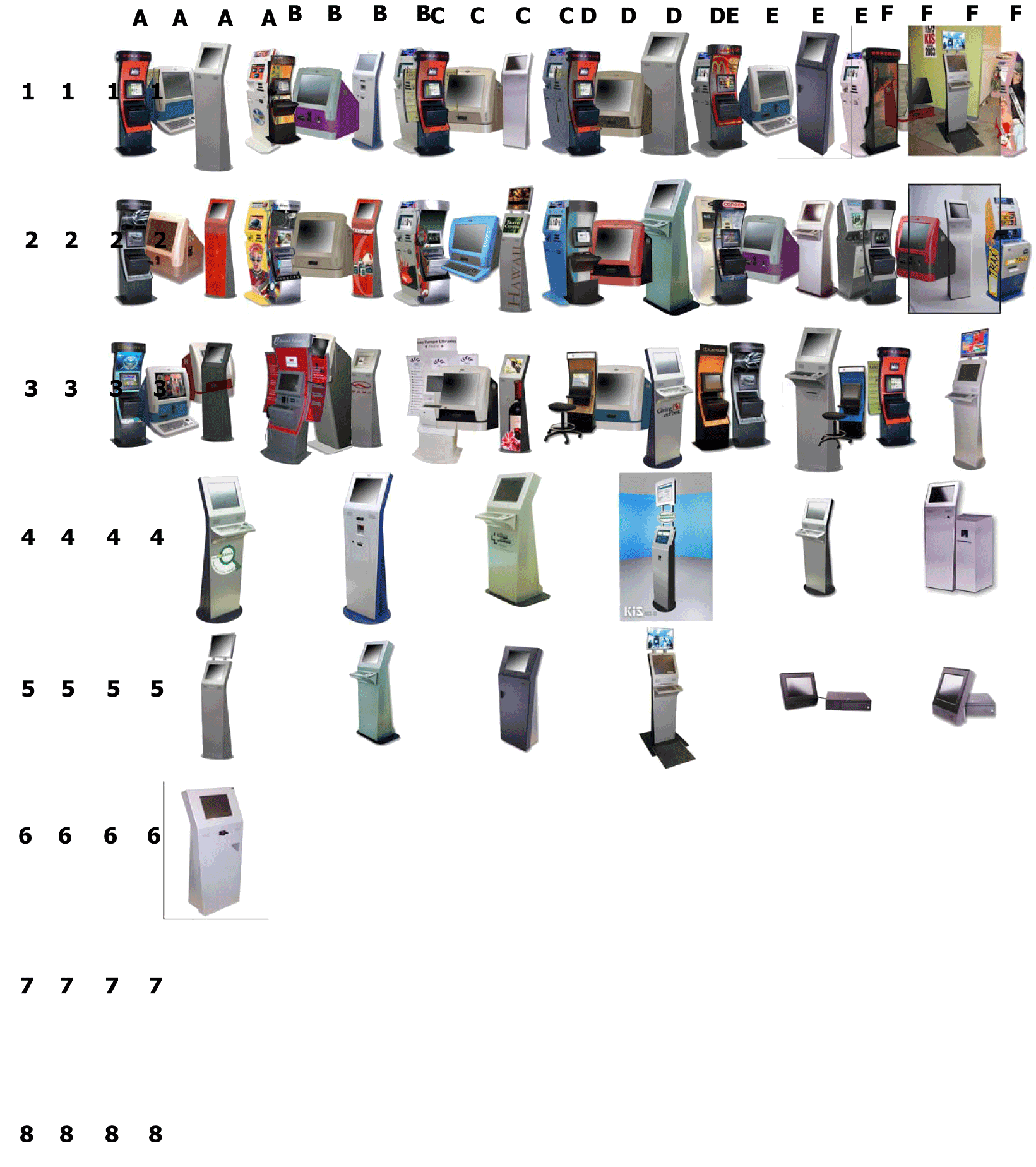

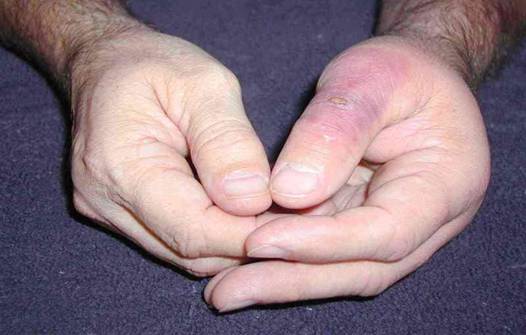
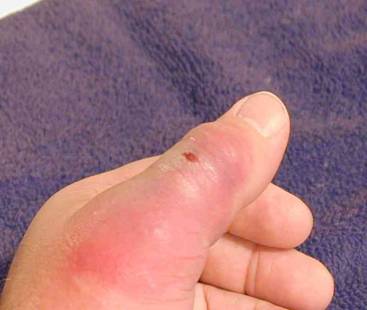
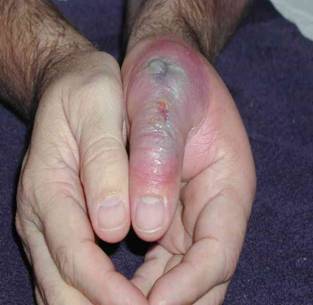
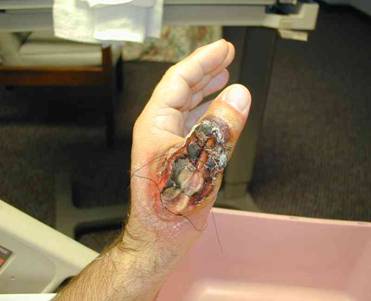
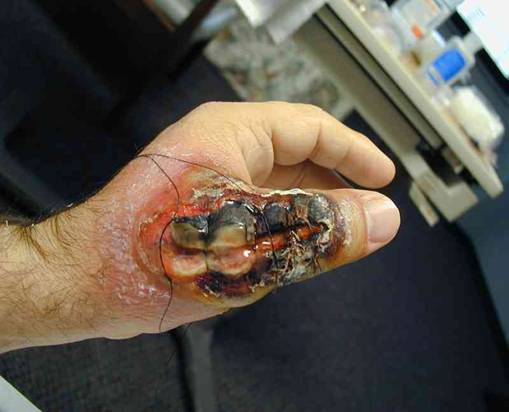
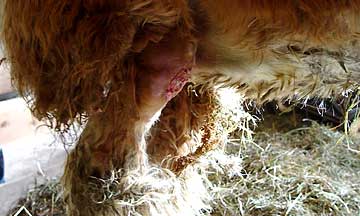
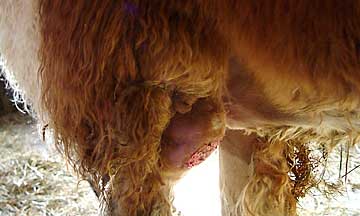
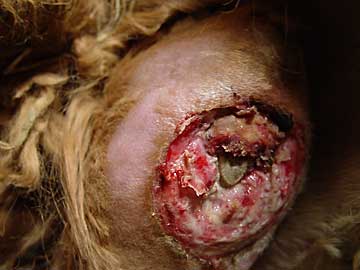
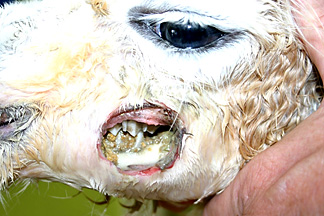
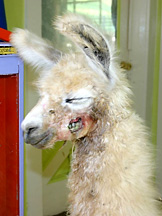
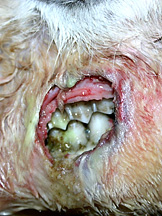

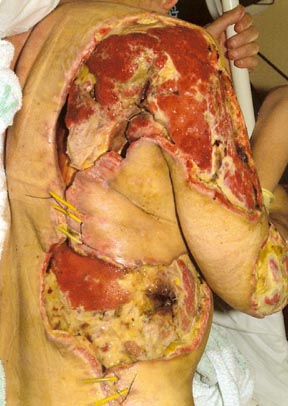
 *
* *
* *
*


